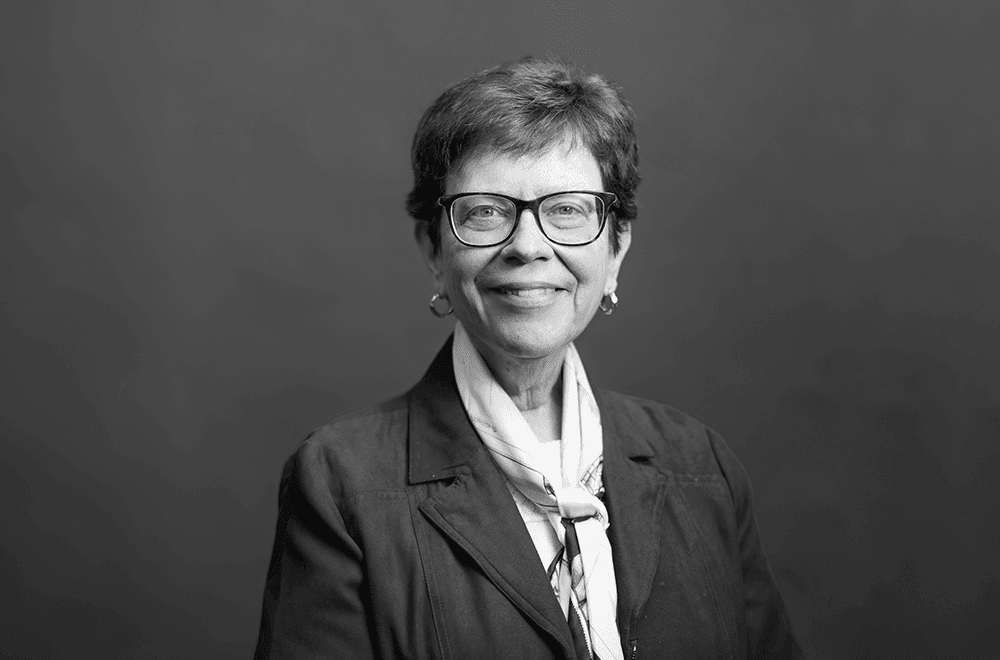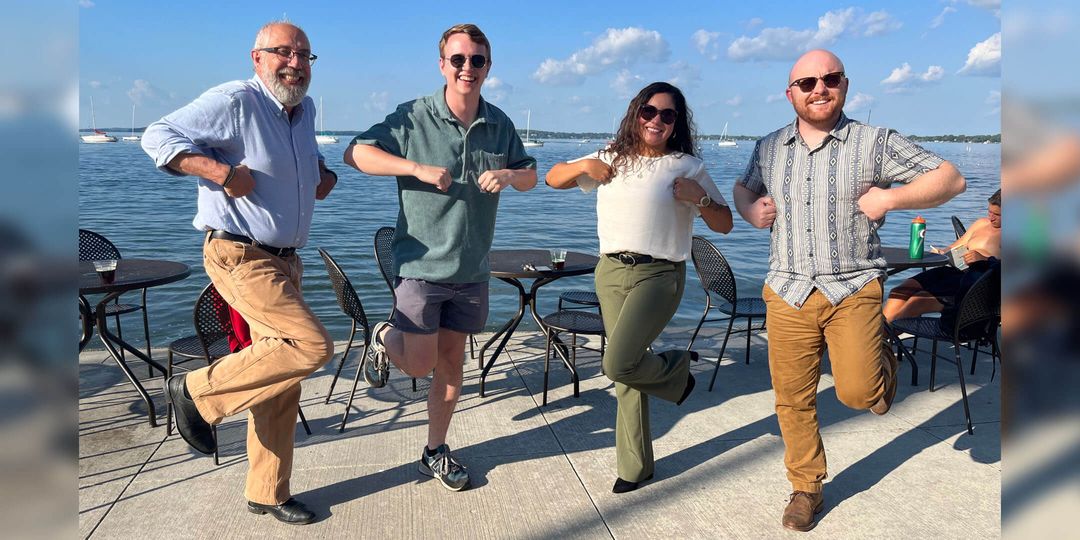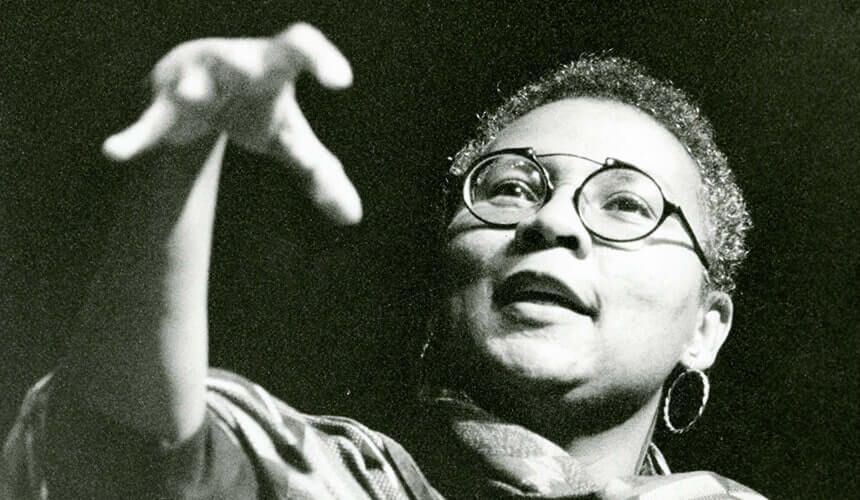MADISON, WI (December 2, 2020) — The COVID-19 pandemic has had a terrible impact: it’s killed nearly a million and a half people worldwide, and more than a quarter-million in the United States. But the pandemic has also inspired one of the greatest scientific efforts in generations, spurring researchers around the globe to produce multiple potential vaccines in a short time.
“It’s been amazing,” said UW professor James Conway. “Within a year, we went from having first discovered this virus, to having it sequenced within a few weeks of its discovery, to being on the threshold of being able to deliver vaccines.”
Conway, a specialist in pediatric immunization and disease, teaches at the School of Medicine and Public health. He joined two other UW faculty members — R. Alta Charo, professor of law and bioethics, and Jonathan Temte, associate dean for public health — at The UW Now Livestream on December 1. The event featured a conversation about the development and distribution of COVID-19 vaccines.
Conway spoke about the effort to develop immunizations against the coronavirus. Though vaccine development typically takes eight to 10 years, the COVID-19 candidates have come to approval in just a few months. “This has been an unprecedented global effort to develop a vaccine or develop multiple vaccines,” he said. “We’ve seen collaborations between countries, collaborations between companies, and there’s widespread sharing of information. People willing to give up their discoveries for the betterment of others.”
Charo looked at the challenges of rapidly deploying the vaccines: when the whole world needs to be vaccinated at once, but only a small supply is available, who will get immunized first? Most plans, she said, will focus on rolling out the vaccine to populations that need them most first.
“This means that for people who are basically healthy, in their middle years or are working in industries that are somewhat peripheral — the world can live without them at least temporarily — it may take longer to get to the point where they can get vaccinated,” she said. “They may have to protect themselves as opposed to getting the vaccine. And so people are going to have to get used to using social-distancing and masking for a long time.”
The goal of vaccination is for society to reach “herd immunity,” the point at which enough people are immune that the pandemic ends. Temte said that this is essentially a statistical problem, and that the answer can be calculated. “The bottom line is we can figure out how much of the population has to be immune to stop a pandemic from continuing,” he said. “For [COVID-19], the figure is essentially about 60 percent.”
Conway, Charo, and Temte each gave a brief presentation and then took questions from viewers who followed the event live on YouTube. Mike Knetter, president and CEO of the Wisconsin Foundation and Alumni Association, hosted the conversation and served as moderator. Ultimately, all three expressed concern that too many people are reluctant about vaccines, and they reassured viewers that immunization is safe.
“The FDA gives the full attention to the safety and efficacy,” said Temte. “They are not cutting corners with this.”
To hear more from the speakers, view a recording of The UW Now. The series is offered via YouTube, and the next event will be December 8.
Media Information
Contact: Tod Pritchard, tod.pritchard@supportuw.org, 608-609-5217, @WisAlumni






